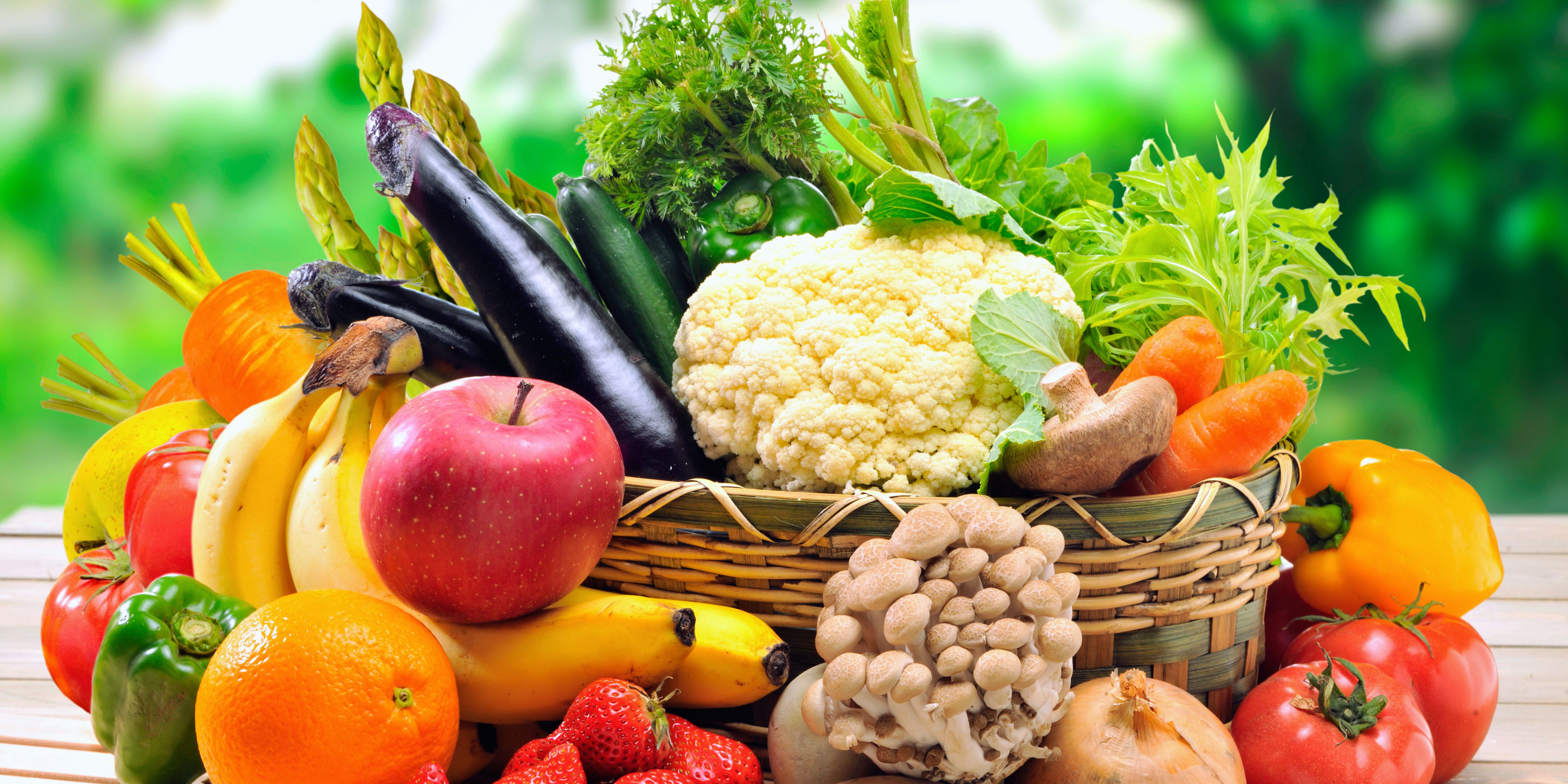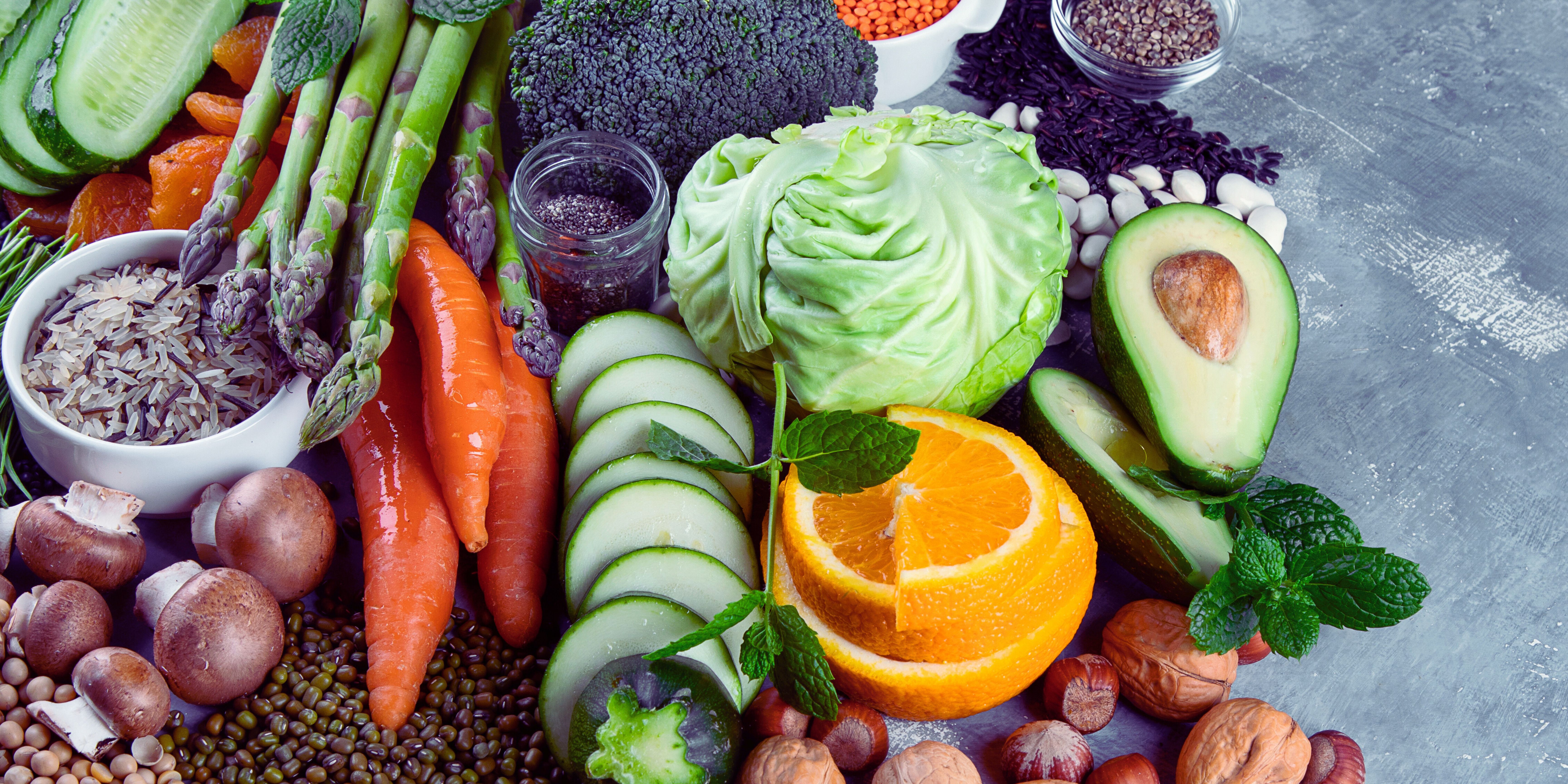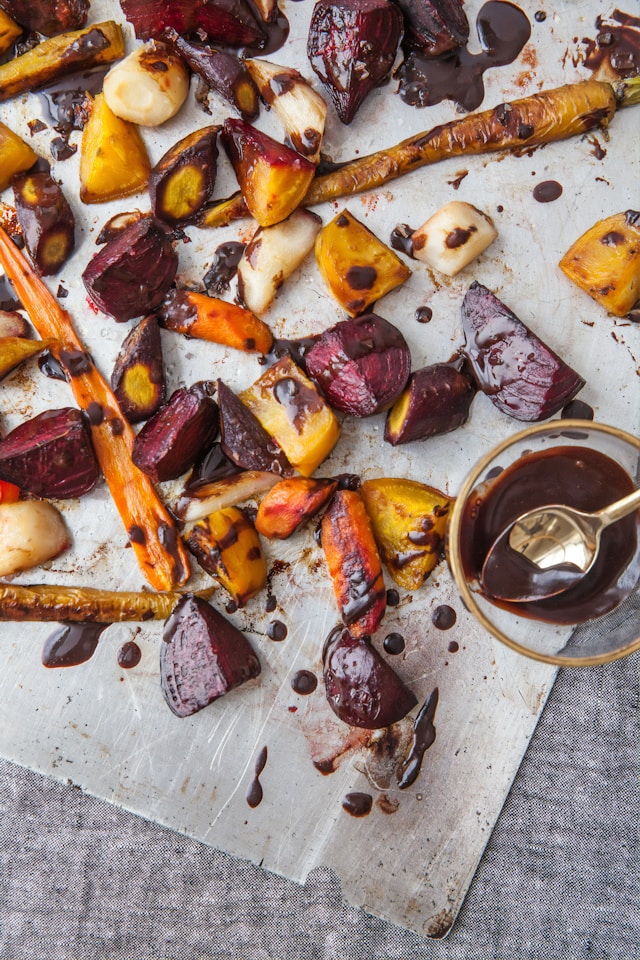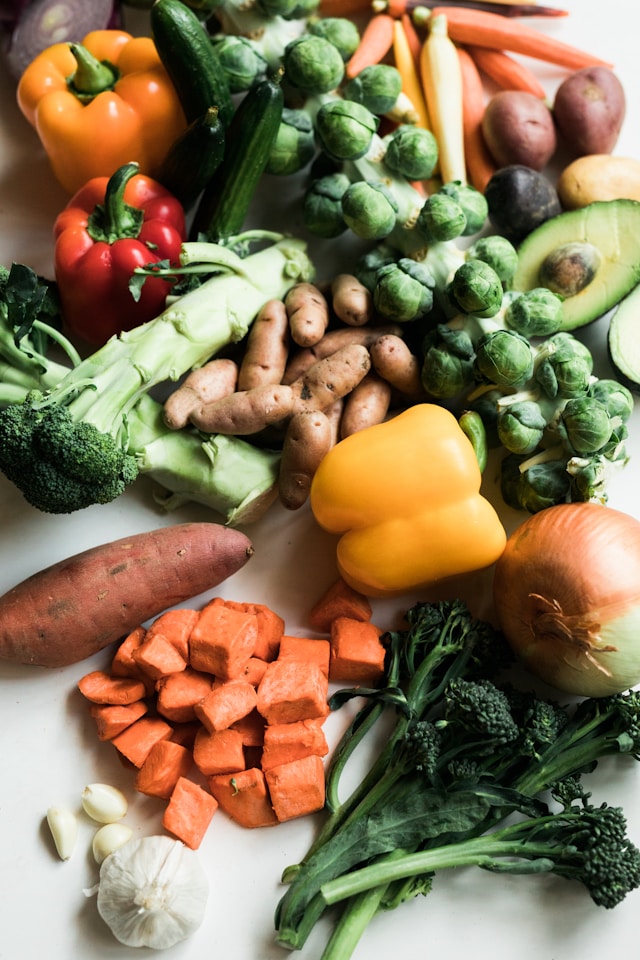Plant-Based Diet For Beginners: Benefits, Nutrition, and Key Food Selection
 Like millions of people in the country, you may also consider switching to a plant-based diet. However, are you overwhelmed and unsure of where to start? The plant-based diet is going mainstream as more people’s mindsets keep changing. You will soon also enjoy the several related benefits, but first, what are the basics? Here is all the essential information that you need to get started.
Like millions of people in the country, you may also consider switching to a plant-based diet. However, are you overwhelmed and unsure of where to start? The plant-based diet is going mainstream as more people’s mindsets keep changing. You will soon also enjoy the several related benefits, but first, what are the basics? Here is all the essential information that you need to get started.
What Is a Plant-Based Diet?
When your diet is plant-based/ plant-forward, it means that whatever you eat mostly comes from plants. Vegetables, fruits, nuts, seeds, legumes, spices, herbs, oils, and any other food you eat must be from plants. However, it could mean different things for people. For some, their diet doesn’t contain any animal products, while for others, it is a plant-focussed diet or reduced intake of meat and dairy.
What Are the Benefits of a Plant-Based Diet?
One of the main reasons why people switch to a plant-based diet is because of the several benefits involved. Why embrace the diet?
 Weight Loss
Weight Loss
If you have struggled with weight loss for a long time or want to maintain a healthy lifestyle, it starts with changing your diet. Plant-based foods are rich in fiber and vitamins and contain low amounts of saturated fats and calories, making them the best weight loss and management options.
Lower Risk of Diseases
Another advantage of eating plant-based foods is that they help prevent killer diseases like cancer, diabetes, respiratory diseases, obesity, and other lifestyle diseases. Your cholesterol levels will drastically drop, and you will stabilize your blood pressure.
 Reduced Environmental Impact
Reduced Environmental Impact
Animal farming accounts for a large percentage of greenhouse gas emissions. Therefore, the more people switch to a plant-based diet, the lower the demand for animal products. This eases the pressure off animal farming, leading to lower emissions from the sector. Besides being good for your body, this dietary change also benefits the environment.
Plant-Based Vs. Whole Food Plant-Based Diet
Plant-based diets take various forms, one of which is whole food specifications. You can go for this diet if you are keen on consuming foods from plants in their most natural forms with limited processing. What’s the difference? Take potatoes, for instance. There are various ways to eat them, but if you are on a whole-food diet, you can only take them as is, meaning no additives, preservatives, or chemicals. Therefore, you will do away with chips or any other plant food with altered taste or form.
What To Eat on a Plant-Based Diet
As a beginner, you might think that a plant-based diet is too restrictive and has limited options. But that’s far from the truth. Many food options and recipes are available. You will still enjoy your meals while eating healthy and reaping the related benefits.
Food To Eat Regularly
- Fruits: Rich in vitamins, minerals, and antioxidants, fruits provide natural sugars for energy and help reduce the risk of chronic diseases.
- Vegetables: Packed with essential nutrients and fiber, vegetables are vital for maintaining good health and promoting a strong immune system.
- Nuts and nut butters: Nuts and quality nut butters offer healthy fats, protein, and a variety of vitamins and minerals, making them great for sustained energy and satiety. Nut butters like almond or peanut butter are convenient and versatile options for adding nutrition to snacks and meals.
- Seeds: Seeds such as chia, flax, and hemp are excellent sources of omega-3 fatty acids, protein, and fiber, contributing to heart health and digestion.
- Legumes: Beans, lentils, and chickpeas are high in protein, fiber, and iron, making them essential for muscle repair and overall energy.
- Tofu (other soy proteins): Tofu and other soy products are versatile protein sources that are low in fat and rich in calcium, promoting bone health and muscle growth.
- Whole grains: Whole grains like quinoa, brown rice, and oats provide complex carbohydrates, fiber, and essential nutrients, supporting sustained energy levels and digestive health.
 Foods To Eat Sparingly
Foods To Eat Sparingly
- Processed foods: Often high in added sugars, unhealthy fats, and sodium, processed foods can lead to various health issues, including obesity and heart disease.
- Oils: While some oils like olive oil are healthier, it's best to consume them in moderation due to their high-calorie content, which can contribute to weight gain.
- High-fat and high-calorie foods: These foods can lead to excessive calorie intake and may contribute to weight gain and associated health issues if not consumed in moderation.
- Refined carbohydrates like bread and pasta: Refined carbs lack fiber and essential nutrients, causing rapid spikes in blood sugar levels and contributing to weight gain and diabetes risk.
Foods To Avoid
- Refined sugar: Linked to various health problems like obesity, type 2 diabetes, and heart disease, refined sugar should be avoided for better health.
- Meat, including beef, poultry, and pork: Animal meats can be high in saturated fats and cholesterol, which are associated with an increased risk of heart disease and other chronic conditions.
- Dairy: Dairy products can be high in saturated fats and may contribute to digestive issues and other health concerns in some individuals.
- Eggs: High in cholesterol, eggs can contribute to heart health issues when consumed in excess.
- Seafood: While seafood can be a good protein source, it may contain harmful levels of mercury and other contaminants, making it a less optimal choice.
- Heavily processed foods: These foods often contain artificial ingredients, preservatives, and unhealthy fats, contributing to various health problems, and should be avoided for a healthier diet.
 How To Start a Plant-Based Diet
How To Start a Plant-Based Diet
You may find it overwhelming to switch your diet now that you are a beginner, but the following tips will help.
Go at Your Own Pace
There is no foolproof formula for adjusting any aspect of your lifestyle, so you should always go at the most comfortable pace. You may make minor adjustments daily, go cold turkey, or even make gradual changes to avoid various foods.
Stock Up on a Plant-Based Pantry Staples
The next time you go shopping for groceries, instead of high-calorie and fat-saturated animal products, your grocery haul will now consist of grains, nuts, vegetables, fruits, soy proteins, legumes, and other plant-based foods. To be safe, get more items from the frozen food section, which are usually cheaper.
Try Out Some Vegan Alternatives To Your Favorite Foods
Opting for vegan options of your favorite foods also assists with the adjustment. This works if you still have cravings and gradually embrace the new lifestyle. It is a win-win because you eat food you still enjoy but in a healthier version.
Enjoy Plant-Based Take-Out Food
Luckily, restaurants around you try to accommodate dietary restrictions, so you will still find healthy fast food options. Always check the menu and make necessary arrangements, but you will be safer going for options like veggie burgers, salad dishes, and tofu.
Experiment With Plant-Based Recipes
Unlike popular opinion, there are so many plant-based food options. If you take time to experiment with several types and try out new recipes, you might find tasty comfort foods you love.
Conclusion
Fully embracing a plant-based diet is one of the best things you will ever do for your body. You will keep your weight in check, keep several diseases at bay, and be kind to the environment. Luckily, there are many food options to try out, and you can experiment with various recipes. It can be challenging for many beginners, but with the right tips, you will ease into your new diet and enjoy its numerous benefits.






